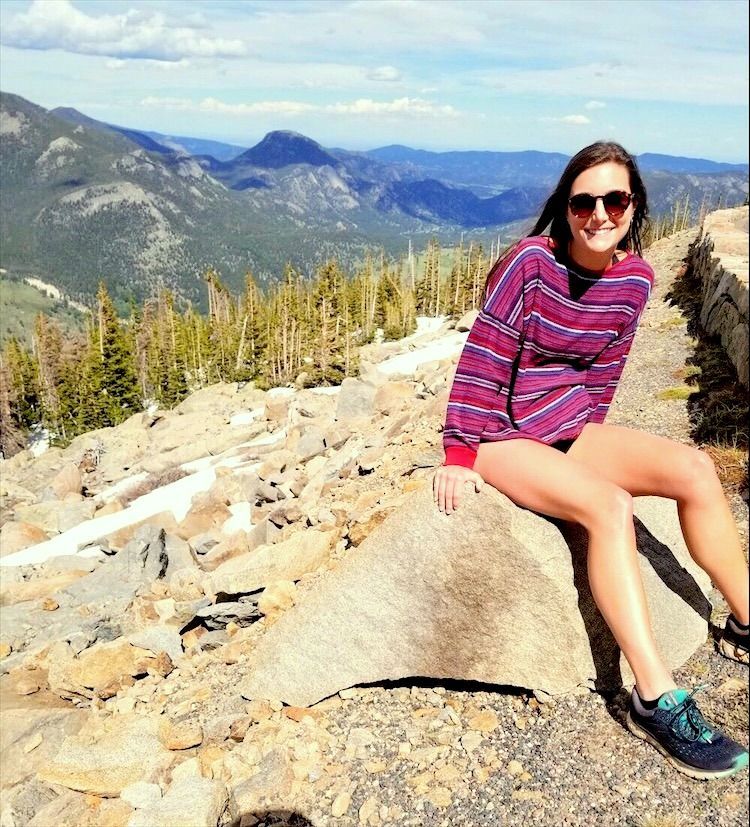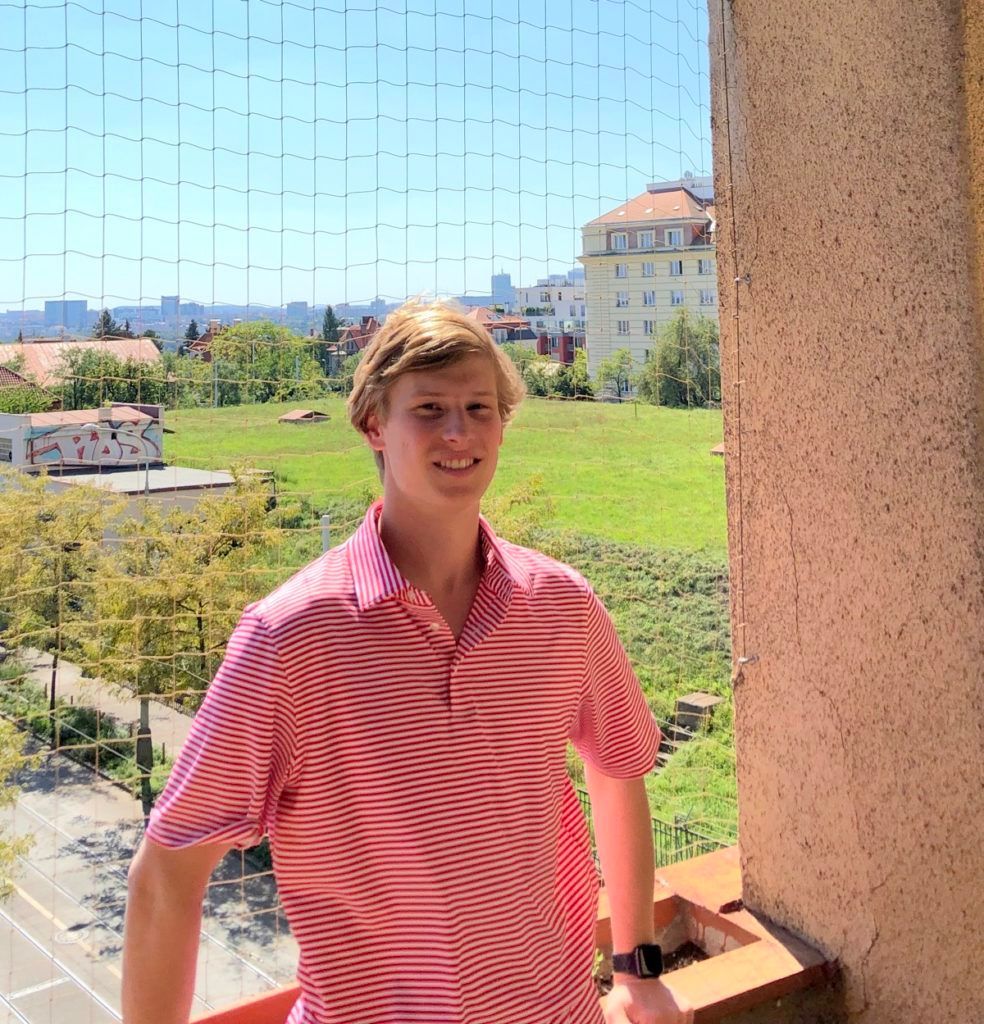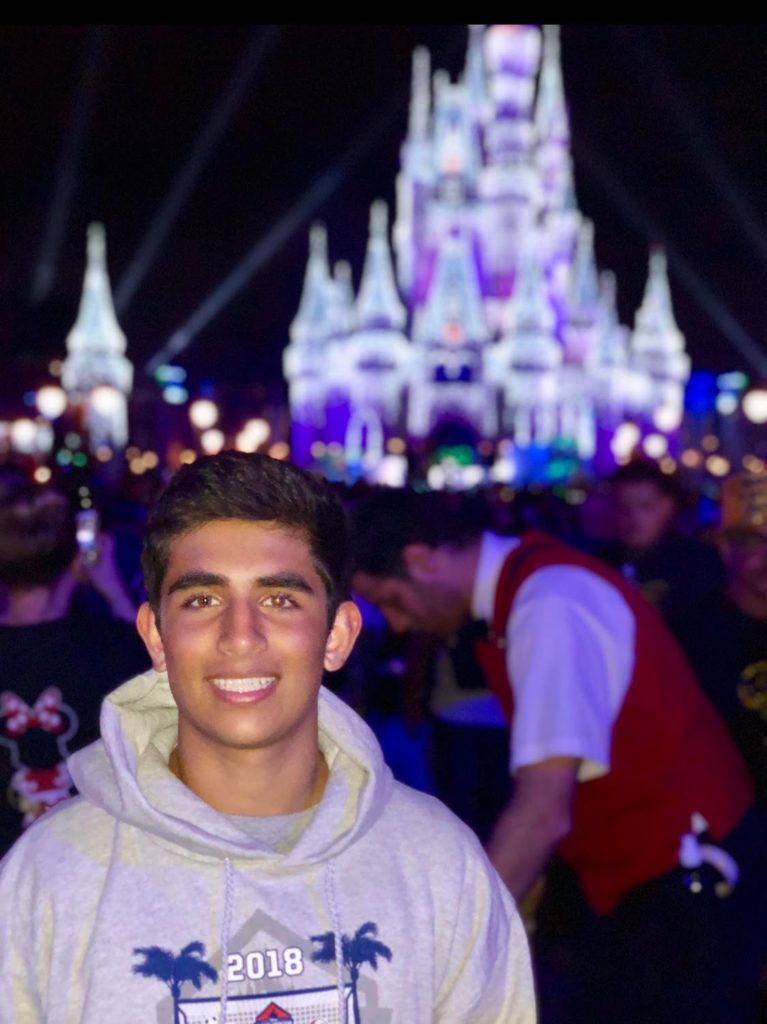Georgia Bio Summer Interns look back on experience gained
This summer, Georgia Bio welcomed three ambitious and enthusiastic interns: Isabel Veith, Rob Warren, and Maanav Karamchandani. Our interns took some time to reflect on their internships and told us about their diverse career interests—education, politics, nonprofits—and how their internships influenced their career aspirations.
Isabel Veith, Senior Biology Major at Georgia Tech

Isabel was excited to learn about the inner workings of a nonprofit. “One of the reasons I was interested in this internship was learning the administrative and marketing side of a nonprofit. I have seen how making strategic connections between people and fostering relationships can benefit a cause.”
During her internship, Isabel gained insight into life science education. “I learned how critical education is to the industry and how inconsistent life science opportunities and resources are in some schools. Middle and high school education is the foundation for the workforce, and I never thought about how a lack of opportunities and resources at those ages could have reverberating effects on the industry. I am very passionate about giving back to future generations. I am a firm believer in leaving a place better than you found it. I would like to eventually become a professor and be able to serve in a mentor capacity to students. I think you can make major impacts in a field just by providing encouraging words and guidance to young scientists.”
Whatever her career path, Isabel now knows the importance of connection and working together to achieve a goal. “I would like to end up working in a nonprofit, but I think with any job I take, Georgia Bio has shown me that the way you approach a job or mission is crucial. Building networks and promoting collaboration can make all the difference.”
Rob Warren, Junior International Politics Major at Washington and Lee University

Rob says he gained great knowledge of the life sciences industry during his internship at Georgia Bio. “I had the opportunity to attend the Strategic Planning meeting in June, where I learned about the future of the industry, like drug price transparency. Attending events like this allowed me to learn more about the industry overall.”
“I got to experience the policy and advocacy side of a trade organization. I helped with various projects, including researching policy to promote that aligns with the interests of our member organizations. I also had the opportunity to work on member engagement.”
Rob says his time at Georgia Bio introduced him to a new potential career path. “Before the internship, I had no certain direction for my career. Now, I know I want to pursue business, maybe even lobbying. Working on policy opened me up to the business/politics career possibility.”
Outside of science, Rob has a passion for travel. “I like to travel internationally; I’m studying abroad in Prague this fall. Some of the countries I’ve visited include Argentina, Chile, Italy, France, Canada, Mexico, Belize, and Switzerland. Exploring different cultures and places is very interesting, and I try to use what I learn from my travels in my everyday life.”
Maanav Karamchandani, Junior at Lambert High School

Maanav learned how he might one day break into the life sciences industry. “Before working with Georgia Bio, I had little exposure to the life sciences industry and was not very clear as to how I would get into the field. This internship provided me with countless opportunities to meet people working in the life sciences industry as well as learn how they got there. Georgia Bio made me a part of the team and allowed me to grow.”
He feels he really made an impact during his time at Georgia Bio. “The projects I did were a part of larger ones, and the impact of my work was visible immediately. Some of the projects I worked on include the Global Health ATL social media posts, the new Georgia Bio website, and providing new ways to increase member engagement.”
Manaav’s path to achieving his career goals was clarified thanks to his time at Georgia Bio. “I now know the type of education needed for my future career. I also have a better idea as to how to reach my goals and aspirations in this field. Meeting different people in the field has also allowed me to expand my mindset and see that there are many paths to reach my ambitions.”
Outside of his studies, Manaav has already been making an impact on the world. “I am very passionate about community service. I founded my own nonprofit, www.myjal.org, at the age of seven to provide clean drinking water to people in need across the world.” MyJal has helped provide over 300 children and adults in need clean drinking water and continues to work on new projects. “MyJal is something that I am extremely proud of.”
All three of these interns show great passion when it comes to their career goals, and it sounds like they learned a great deal during their internships at Georgia Bio! We feel lucky to have spent the summer with these students and can’t wait to see what they accomplish in the future. Georgia Bio looks forward to welcoming more interns throughout the year and next summer!
The post Georgia Bio Summer Interns look back on experience gained appeared first on Georgia Bio.





